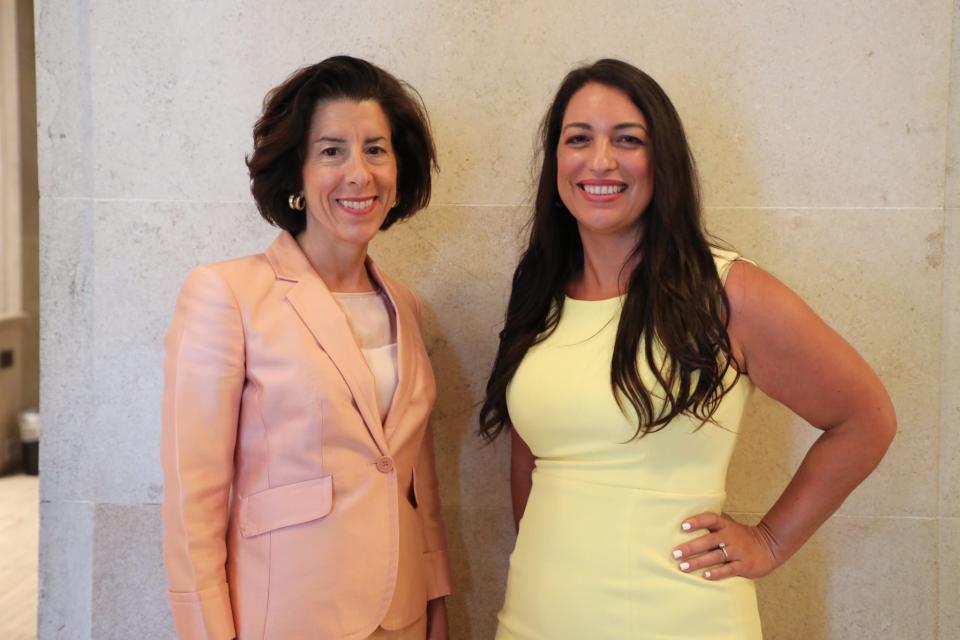The first woman to receive Biden’s CHIPS funding wants more peers in the semiconductor industry

Good morning, Broadsheet readers! Wall Street Journal editor-in-chief Emma Tucker speaks amid employee unrest, AI chip veteran Simona Jankowski is leaving Nvidia, and Jessica Gomez is the first woman to lead a recipient of CHIPS Act money. Have a wonderful Wednesday!
- A first in CHIP funding. President Joe Biden signed the CHIPS and Science Act into law in 2022 with the goal of reinvigorating the American semiconductor industry via billions of dollars of funding to leading companies in the sector. Until last week, all the companies receiving this funding had one thing in common: They were run by men.
That has now changed thanks to Jessica Gomez, cofounder and CEO of Rogue Valley Microdevices (RVM), an organization that manufactures microelectromechanical systems (MEMs) for clients across the automotive, biomedical, industrial, and agricultural industries. Gomez launched RVM in 2003 with her husband, Patrick Kayatta, who now serves as VP and CTO. It is the first woman-owned and minority-owned business to receive CHIPS investment from the Biden administration. Gomez and Kayatta, who have both spent their careers in the semiconductor industry, “mortgaged everything” they owned and took on “about $70,000 in credit card debt” to launch their Oregon-based company, Gomez says.
Now RVM is receiving up to $6.7 million in funding from the U.S. Department of Commerce, money that Gomez will funnel into the construction of a new manufacturing facility in Palm Bay, Fla. As well as housing 75 new members of staff, the site will allow RVM to improve the productivity and efficiency of its systems. It will also include a childcare center with a kindergarten, and after-school educational support for older children in a bid to help parents thrive at the company. “I have two girls,” says Gomez, who is Puerto Rican and grew up in a low income neighborhood of New York. “I brought them to work with me as babies. They had a mom who was right there with them while I was still building a company and doing what I needed to do. I really want to be able to offer that to other women.”
Last year, Gomez was a Republican candidate for governor of Oregon but lost in the primary. She hopes that her success and visibility will help shepherd a new generation of women into the electronics industry. “There are very few women that end up starting these types of companies,” she says. “It’s not something that people typically see…When I first started, I thought all CEOs were born with a silver spoon in their mouth. Then you start to realize that most founders have a really unique story. It’s really hard to be successful at manufacturing. It’s a lot of work. You just have to be willing to do a lot of work.”
The Broadsheet will not publish tomorrow, July 4, in observance of Independence Day. We’ll be back in your inboxes on Friday.
Ellie Austin
@Ellie_Austin_
The Broadsheet is Fortune's newsletter for and about the world's most powerful women. Today's edition was curated by Joseph Abrams. Subscribe here.
This story was originally featured on Fortune.com

 Yahoo Finance
Yahoo Finance 